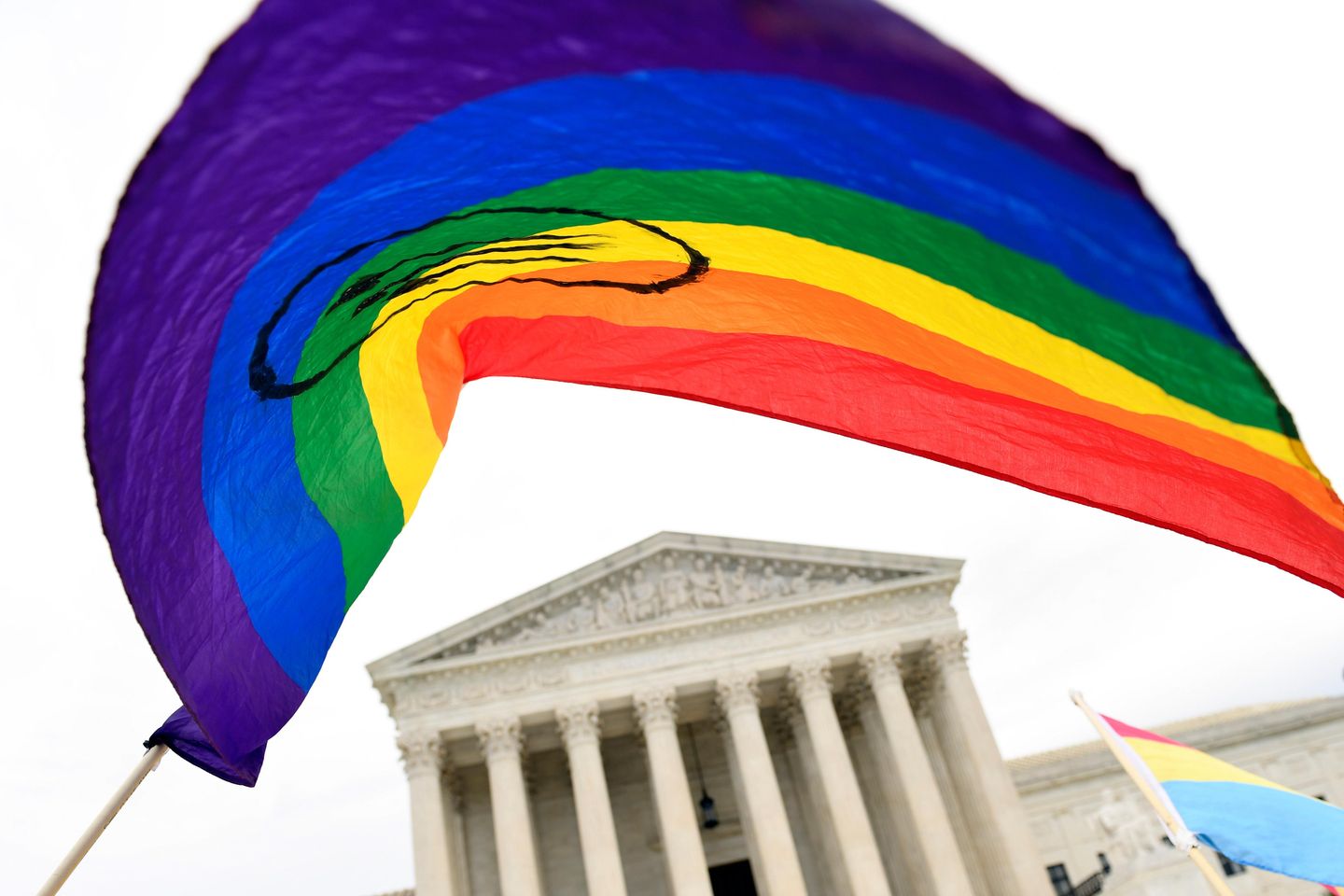
A Colorado sheriff is asking the Supreme Court to hear his dispute over a transgender prisoner demanding to be treated like a woman and be housed with other women.
El Paso County Sheriff Joseph Roybal petitioned the justices last month after the 10th U.S. Circuit Court of Appeals ruled in favor of Darlene Griffith, a transgender inmate who has challenged being detained with men.
The 10th Circuit reasoned that the prison’s decision to identify Griffith by biological sex ran afoul of the Equal Protection Clause of the Constitution, which protects against discrimination on the basis of sex or race.
Sheriff Roybal appealed to the Supreme Court, arguing that lower courts have ruled differently on the topic and the justices need to settle the matter.
“The consequences are severe,” Sheriff Roybal’s filing reads. “Hundreds of cases now flood federal courts, with prison officials facing litigation from all sides: transgender inmates demanding classification by gender identity; female inmates challenging housing decisions that require them to sleep, live, and bathe with biological males who identify as female; inmates objecting to searches by certain officers; and staff asserting dignity concerns about cross-sex searches. Courts admit ‘there is little uniformity to be found among their decisions.’”
His petition asks the justices to rule that the Equal Protection Clause of the 14th Amendment “does not require treating the fluid, subjective concept of transgender identity as a sex-based or stand-alone constitutional class.”
“For over two centuries, American prisons and jails have classified and housed inmates and detainees based on biological sex. This long-standing practice advances institutional security, prevents sexual violence, and preserves the privacy and dignity of those in custody and of staff,” the petition states.
“By transforming an inmate’s subjective gender identity — of which there are over 70 — into a sex-based constitutional classification triggering heightened scrutiny, the Tenth Circuit has subordinated prison security and the privacy interests of all to the preference of one in contravention of this Court’s prison-administration precedents,” the petition said.
The 10th Circuit decision allows for barring male officers from searching inmates who are transgender women.
“Such a rule is constitutionally absurd. And it disregards administrative expertise, creates dignity and safety concerns, and ignores the operational realities of running detention facilities like county jails,” the sheriff’s petition argues.
Griffith has taken hormones. The inmate has complained about being denied feminine products like lipstick, panties and a bra because those items are not allowed in male facilities.
Sheriff Roybal argues that allowing transgender detainees to have feminine products makes them vulnerable to harassment and violence.
Griffith’s filing urges the justices not to take up the case. According to the court records, Griffith has been living as a woman for more than 20 years and was diagnosed with gender dysphoria before entering the El Paso County Jail in 2020.
The inmate’s filing says that being treated as a male has led Griffith to suffer emotional distress and attempt self-castration.
“During her time at the Jail, Ms. Griffith experienced anxiety and exacerbated symptoms of gender dysphoria,” the filing reads. “She filed numerous grievances in which she described these issues, and repeatedly requested exceptions from the Jail policies. Ms. Griffith specifically informed the Jail that she ‘had previously been housed in female units in other correctional facilities,’ but was informed that she would continue to be housed in a male unit at the Jail pursuant to County policy. The County’s policies caused Ms. Griffith to suffer significant emotional distress, which led her to attempt self-castration.”
It would take four justices to vote in favor of hearing the dispute for oral arguments to be granted later this term.
The case is Joseph Roybal v. Darlene Griffith.










